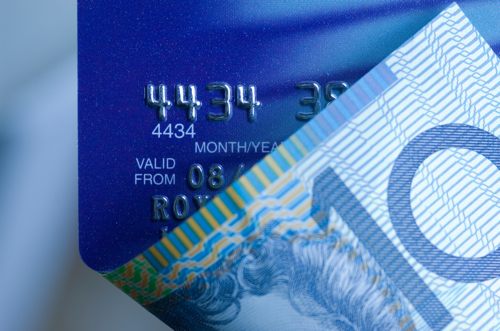5 Essential Tips for Stress Free Debt Consolidation
So you have racked up a bunch of debt and are now paying inflated interest rates, which is eating up your cash flow! Sometimes it is hard to know how you landed in this situation and even harder to know how to find a workable way out. The most important point now is not how you got here, but that you are ready to do something about it and allow someone to help you.
What is Debt Consolidation? It provides an opportunity to change multiple loans with high interest into one manageable low interest payment. Debt consolidation is a very common practice that helps your finances by lowering monthly fees, reduces high interest, eliminates late fees, stops the harassing phone calls, and helps you become debt free sooner.
5 Tips to Getting Started & Smart Debt Consolidation
1: Are any of your loans in Arrears?
If any loans you’re looking to consolidate are in arrears, it is important to know if this has affected your credit file as it will affect your debt consolidation application. You can easily request a copy of your personal credit file to check your position at http://www.mycreditfile.com.au. Choose a free copy, takes around 10 days, or get an express copy for a fee.
My Report Shows A Default What Do I Do? Even with default listings and recent arrears payments, there could still be viable debt consolidation options available. Some lenders are happy to consider certain applications, although the overall selection of lenders and products may be limited and they will require explanations.
2. Do you have support documentation?
Your bank or mortgage broker will require documents to support the application. General items you will need to provide are;
- A minimum of 3-6 months recent statements for all loans you want to consolidate
- 2 most recent pay slips or evidence of income and most recent group certificate
- A recent rates notice
- 100 points of identification
Keep in mind a broker is sometimes very useful as they will have access to a range of lenders and understand the different debt consolidation bank policies. If you approach a bank directly they are not able to advise other banks that may suit your situation if their policy does not.
3: Is Debt Consolidation Cost Effective?
This is a very important area to consider and simple to assess as figures should be black and white.
A: Calculate the total monthly payment you are currently making for all of your debts combined.
B: Calculate the new monthly payment on the total amount being consolidated using the lower interest rate over the new loan term.
C: Then calculate the difference between the two amounts which will give you your saving.
D: Any break costs, application fees etc also need to be considered. Generally if you add these up and look at how many months it would take to break even with the new repayment amount, the benefit should be evident.
4. What if I don’t own my own home to offer as security?
If you are not a home owner, do not have residential property to provide as security OR do not have enough equity in the home to allow a restructure. Then there are other options that may suit;
A: Credit card balance transfers allow high interest bearing credit cards to be transferred to a new lender with 0% interest for a designated period. This provides a window of time to focus on paying the balance down without the stress of incurring additional interest. Please note: It is important to read the fine print of any contract and understand interest rates applicable on new purchases and after the 0% interest free period.
B: Combine Secured and Unsecured Loans. Secured and unsecured means whether or not you have a vehicle, boat or other asset to provide as collateral to the bank against the loan. If you have multiple personal and/or car loans, you may be able to roll them into one loan amount and extend the payment term over a longer period. This generally reduces the monthly payment amount and can save significant $.
5. Our final bit of advice is to relax, focus and take time out to learn about your personal finances.
Money is one element of life, like food, water and exercise that is necessary for survival. Learning and understanding general money management and maintenance will keep your bank account healthy, place less stress on your body, improve your asset position and who knows, money may even become your new best friend in the process.
Good luck!





